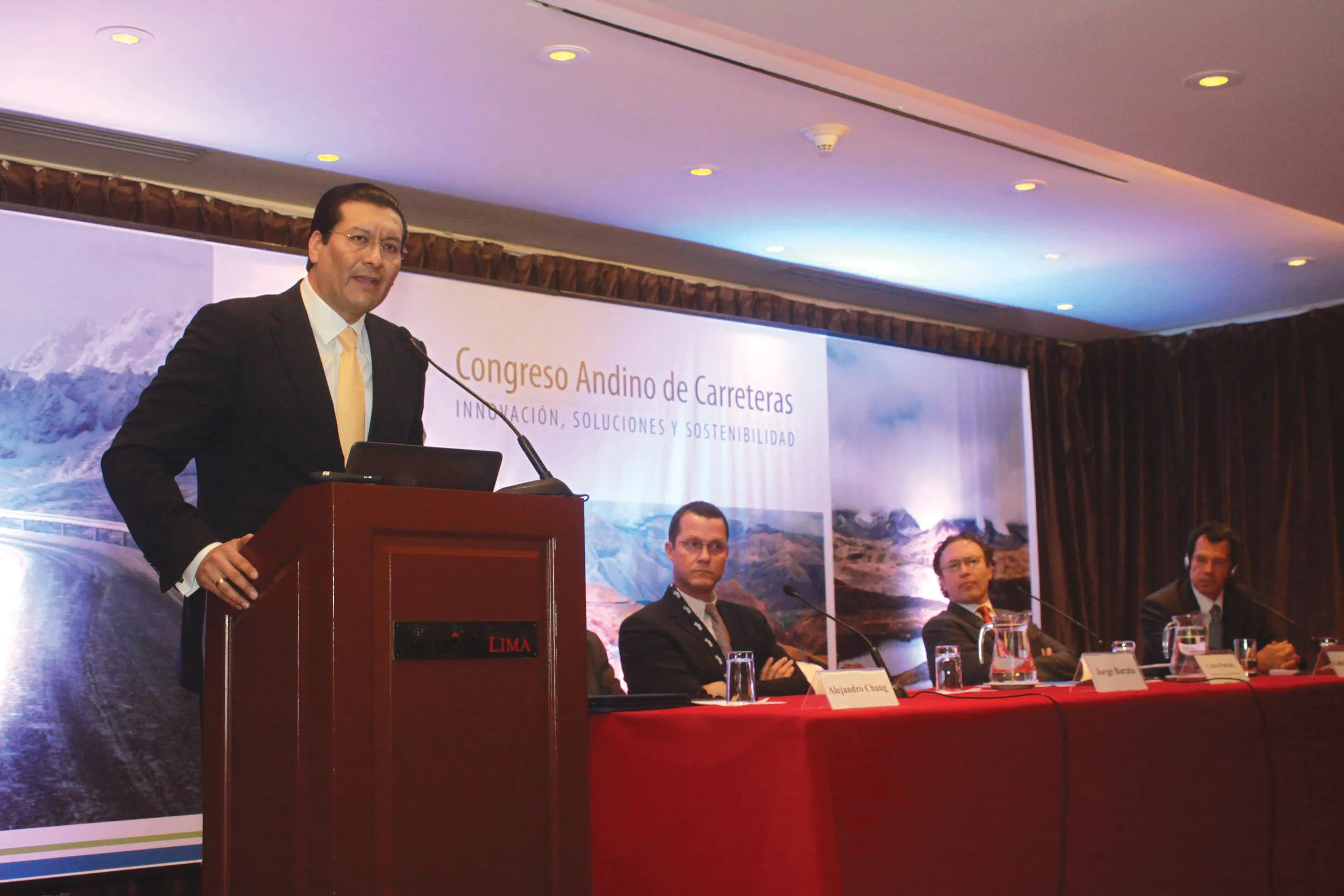The city of Hyderabad has announced an ambitious 12-month plan to install a new city-wide traffic signal system called the Hyderabad Traffic Integrated Management System (HTRIMS). The US $12 million contract, which was awarded to Bharath Electronics Limited (BEL) earlier this month, aims to upgrade traffic signals at 180 existing junctions across the busy city and bring a further 41 new junctions into the system.
September 3, 2012
Read time: 2 mins
The city of Hyderabad has announced an ambitious 12-month plan to install a new city-wide traffic signal system called the Hyderabad Traffic Integrated Management System (HTRIMS).
The US $12 million contract, which was awarded to6498 Bharath Electronics Limited (BEL) earlier this month, aims to upgrade traffic signals at 180 existing junctions across the busy city and bring a further 41 new junctions into the system.
Hyderabad traffic police chief CV Anand says that nearly 50 junctions will have been brought into the new system by September 30 2013 and that HTRIMS will be the first project of its kind in India. The scheme will impose “stringent penalties” if conditions are not met added Anand.
“BEL will be penalised if it misses any deadline. The Service Level Agreement is linked with performance and payments to the company will be cut down if a signal fails to function for an hour during the whole year,” he explained.
To ensure uninterrupted power supply the new signalling system will be fed by three different supply sources: the normal commercial electricity grid, solar panels and an emergency battery backup network. The signalling system will also have features like full connectivity with a centralised command system, virtual loop cameras for adaptive traffic control and automatic signal timing adjustment.
“One of the main problems of the present signals is that they are not properly visible to the motorists,” says the police chief. “The new signals will be put up at prominent places. Even the brightness of the signals will be automatically adjusted by the system.”
According to BEL project manager D. Ravi Kumar, another challenge will be that the “traffic conditions in Hyderabad are different from Bangalore … so we are doing a comprehensive study of the system. We will try to install 50 signals by September 30 2013.”
The project can also be expanded by including more junctions or services, added Kumar. And, for the first time in India, the project is also being monitored by third party independent PMU (Professional Management Unit) provided by a team from the Administrative Staff College of India.
The US $12 million contract, which was awarded to
Hyderabad traffic police chief CV Anand says that nearly 50 junctions will have been brought into the new system by September 30 2013 and that HTRIMS will be the first project of its kind in India. The scheme will impose “stringent penalties” if conditions are not met added Anand.
“BEL will be penalised if it misses any deadline. The Service Level Agreement is linked with performance and payments to the company will be cut down if a signal fails to function for an hour during the whole year,” he explained.
To ensure uninterrupted power supply the new signalling system will be fed by three different supply sources: the normal commercial electricity grid, solar panels and an emergency battery backup network. The signalling system will also have features like full connectivity with a centralised command system, virtual loop cameras for adaptive traffic control and automatic signal timing adjustment.
“One of the main problems of the present signals is that they are not properly visible to the motorists,” says the police chief. “The new signals will be put up at prominent places. Even the brightness of the signals will be automatically adjusted by the system.”
According to BEL project manager D. Ravi Kumar, another challenge will be that the “traffic conditions in Hyderabad are different from Bangalore … so we are doing a comprehensive study of the system. We will try to install 50 signals by September 30 2013.”
The project can also be expanded by including more junctions or services, added Kumar. And, for the first time in India, the project is also being monitored by third party independent PMU (Professional Management Unit) provided by a team from the Administrative Staff College of India.








